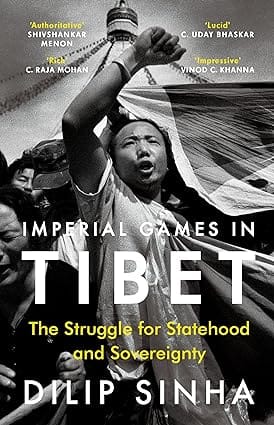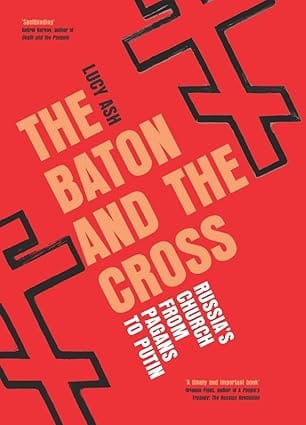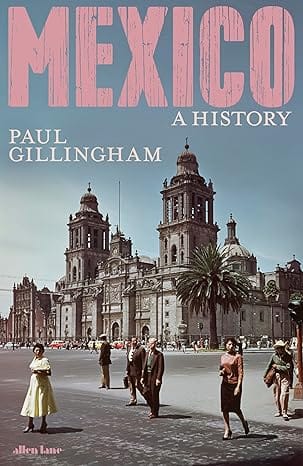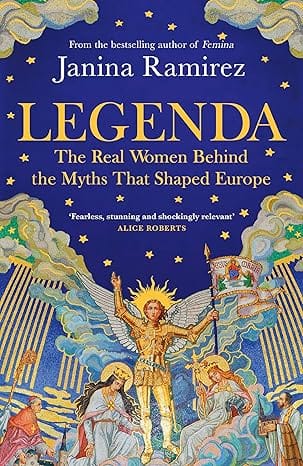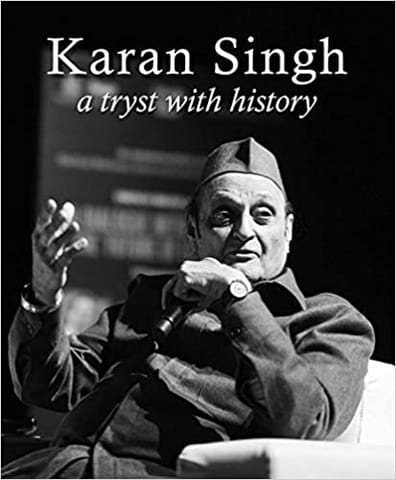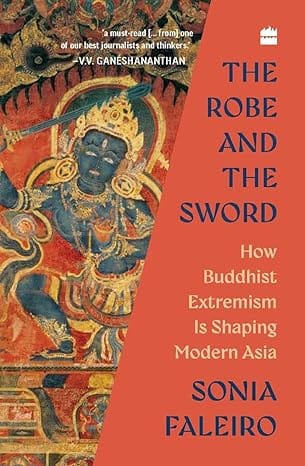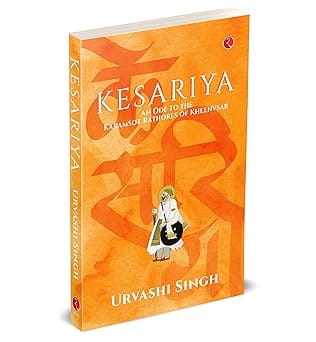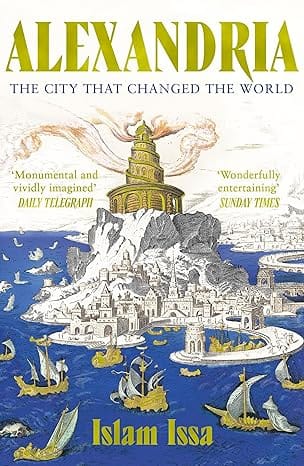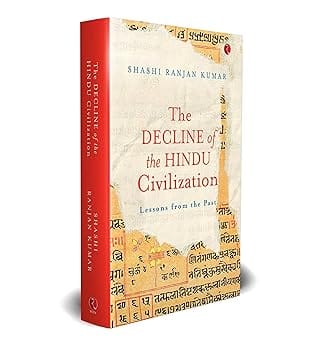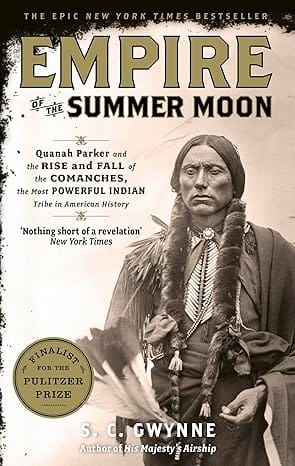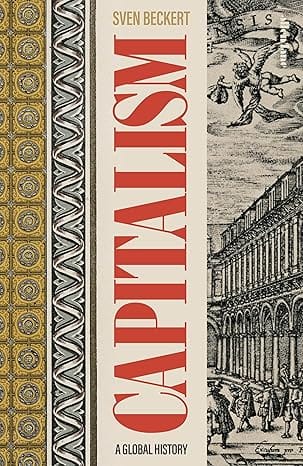- Non-ficton
- Non-ficton
- Contemporary Fiction
- Contemporary Fiction
- Children
- Children
- Comics & Graphic Novels
- Comics & Graphic Novels
- Non-Fiction
- Non-Fiction
- Fiction
- Fiction
'An authoritative and objective account ... meticulous ... A book to be read carefully as we enter another age of contention among the powers in Asia and the world' SHIVSHANKAR MENON
‘Lucid’ C. UDAY BHASKAR
‘Rich’ C. RAJA MOHAN
‘Impressive’ VINOD C. KHANNA
An essential account of how Tibet became the playground for global geopolitical ambitions and what the future may hold for this precarious region fighting for statehood.
Renowned as the ‘roof of the world’, Tibet is both a spiritual bastion and a hotbed of geopolitical intrigue. Its unique location, nestled amidst the majestic Himalaya and the vast Central Asian steppes, has historically attracted imperial contenders, thrusting it into the heart of the Great Game – a stormy nineteenth-century contest for supremacy involving Britain, Russia and China.
In Imperial Games in Tibet, former ambassador Dilip Sinha deftly guides us through the region’s complex geopolitical entanglements, charting its history from the rise of Tibetan Buddhism, through the cloak-and-dagger machinations of the Great Game, to its fateful invasion and annexation by China in 1950. In the process, he reveals the real factors leading up to the Fourteenth Dalai Lama’s escape to India in 1959 – an epochal event that drew the newly independent nation into this political maelstrom and heightened Sino-Indian tensions. More than seventy years later, despite citizens protests and global outcry, Chinese ‘suzerainty’ maintains its grip on Tibet, begging the question: Can Tibet ever be free?
Drawing from this rich historical tapestry, Imperial Games in Tibet highlights the dire consequences of both international exploitation and neglect of the world’s more vulnerable regions. As Tibet continues its struggle for nationhood, it serves as a clarion call to the global community, urging a renewed commitment to human rights and justice.
About the Author
Imperial Games In Tibet
SIZE GUIDE
- ISBN: 9788119300532
- Author: Dilip Sinha
- Publisher: Pan Macmillan
- Pages: 304
- Format: Paperback
Book Description
'An authoritative and objective account ... meticulous ... A book to be read carefully as we enter another age of contention among the powers in Asia and the world' SHIVSHANKAR MENON
‘Lucid’ C. UDAY BHASKAR
‘Rich’ C. RAJA MOHAN
‘Impressive’ VINOD C. KHANNA
An essential account of how Tibet became the playground for global geopolitical ambitions and what the future may hold for this precarious region fighting for statehood.
Renowned as the ‘roof of the world’, Tibet is both a spiritual bastion and a hotbed of geopolitical intrigue. Its unique location, nestled amidst the majestic Himalaya and the vast Central Asian steppes, has historically attracted imperial contenders, thrusting it into the heart of the Great Game – a stormy nineteenth-century contest for supremacy involving Britain, Russia and China.
In Imperial Games in Tibet, former ambassador Dilip Sinha deftly guides us through the region’s complex geopolitical entanglements, charting its history from the rise of Tibetan Buddhism, through the cloak-and-dagger machinations of the Great Game, to its fateful invasion and annexation by China in 1950. In the process, he reveals the real factors leading up to the Fourteenth Dalai Lama’s escape to India in 1959 – an epochal event that drew the newly independent nation into this political maelstrom and heightened Sino-Indian tensions. More than seventy years later, despite citizens protests and global outcry, Chinese ‘suzerainty’ maintains its grip on Tibet, begging the question: Can Tibet ever be free?
Drawing from this rich historical tapestry, Imperial Games in Tibet highlights the dire consequences of both international exploitation and neglect of the world’s more vulnerable regions. As Tibet continues its struggle for nationhood, it serves as a clarion call to the global community, urging a renewed commitment to human rights and justice.
About the Author
User reviews
NEWSLETTER
Subscribe to get Email Updates!
Thanks for subscribing.
Your response has been recorded.

India's Iconic & Independent Book Store offering a vast selection of books across a variety of genres Since 1978.
"We Believe In The Power of Books" Our mission is to make books accessible to everyone, and to cultivate a culture of reading and learning. We strive to provide a wide range of books, from classic literature, sci-fi and fantasy, to graphic novels, biographies and self-help books, so that everyone can find something to read.
Whether you’re looking for your next great read, a gift for someone special, or just browsing, Midland is here to make your book-buying experience easy and enjoyable.
We are shipping pan India and across the world.
For Bulk Order / Corporate Gifting
 +91 9818282497 |
+91 9818282497 |  [email protected]
[email protected]
Click To Know More
QUICK LINKS
ADDRESS
Shop No.20, Aurobindo Palace Market, Near Church, New Delhi

